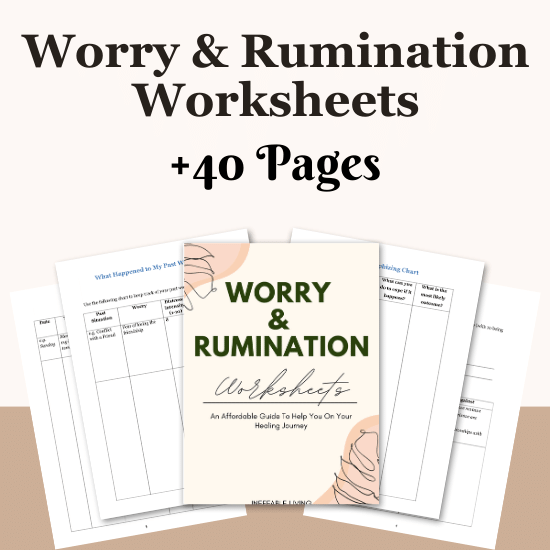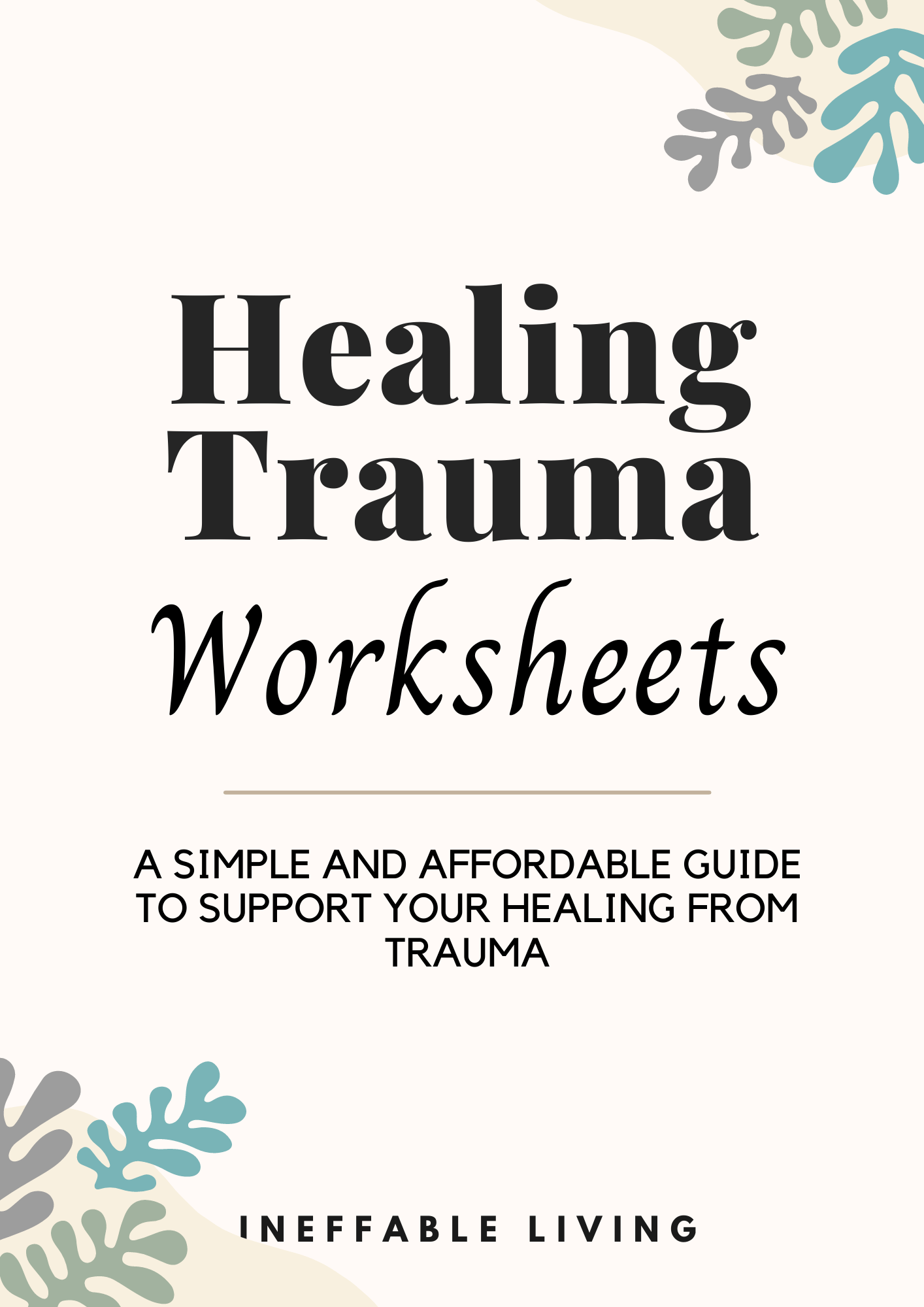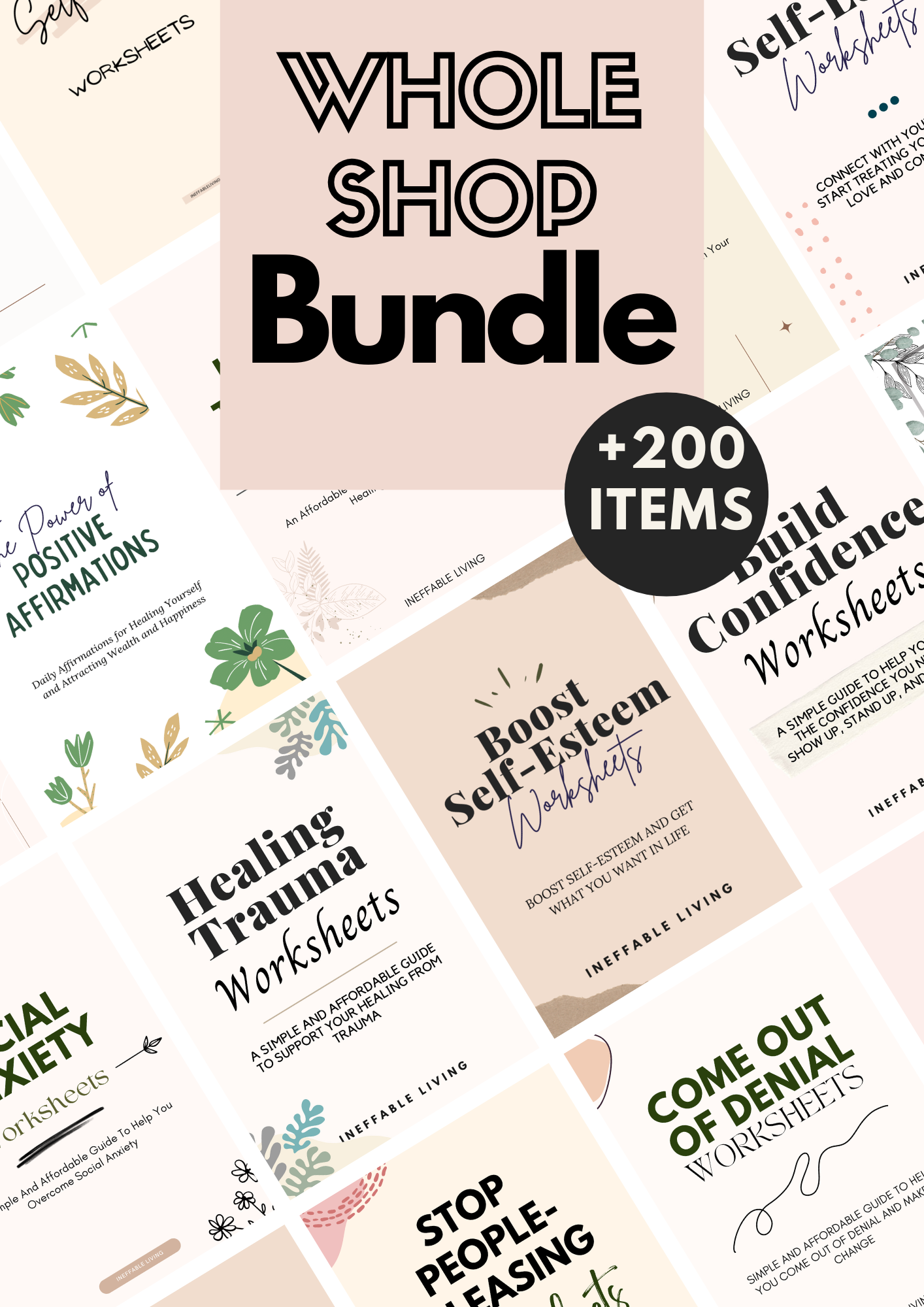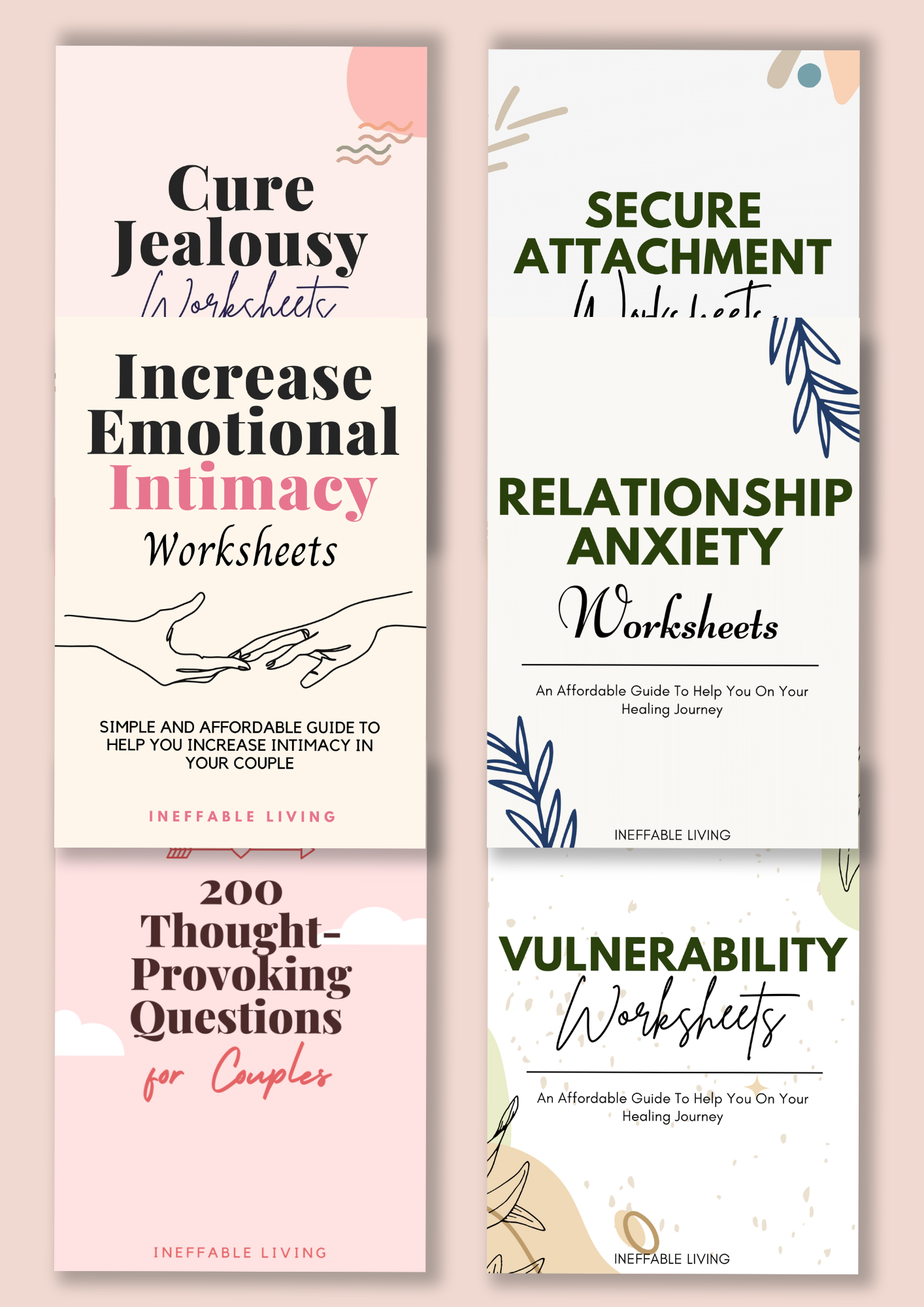1. Reflect on a recent situation that triggered worry or rumination. How did these feelings manifest, and how did they impact your thoughts and emotions?
2. Explore the difference between healthy concern and unproductive worry. Are there specific patterns or habits in your thinking that contribute to prolonged rumination?
3. Consider the potential reasons behind your tendency to worry or ruminate. Are there underlying fears, insecurities, or uncertainties that drive these thought patterns?
4. Reflect on the physical and emotional effects of worry and rumination. How does this mental state affect your mood, behavior, and overall well-being?
5. Identify any cognitive distortions or negative thought patterns that accompany worry and rumination. Can you challenge these thoughts with more balanced perspectives?
6. Explore the concept of acceptance and letting go in relation to worry and rumination. Are there strategies or techniques you can use to release these persistent thoughts?
7. Reflect on the role of mindfulness and self-awareness in managing worry and rumination. How can you cultivate present moment awareness to reduce excessive worrying?
8. Consider the impact of seeking reassurance from others when experiencing worry or rumination. Does this provide temporary relief, or does it perpetuate the cycle of anxious thoughts?
Worry and Rumination Worksheets





